The Rape Of Berlin WW2
The Red Army’s orgy of rape in the dying days of Nazi Germany was conducted on a much greater scale than the previous suspected, according to a new book by the military historian Anthony Beevor, the author of the best-selling Stalingrad, says advancing Soviet troops raped large numbers of Russian and Polish women held in concentration caps, as well as millions of Germans.
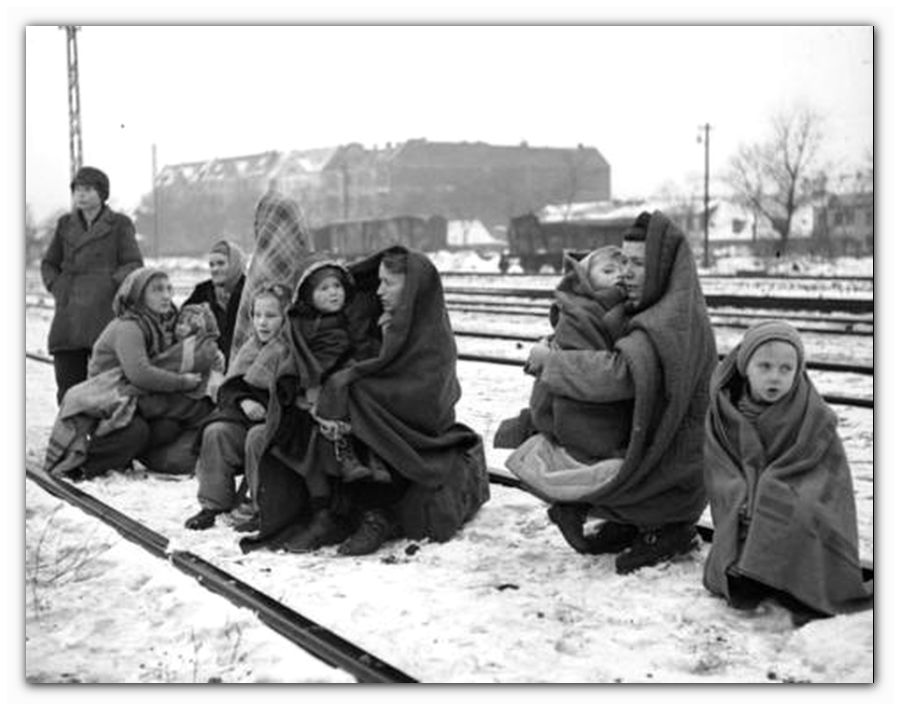
Beevor – was educated at Sandhurst and served in the 11th Hussars (Prince Albert’s Own), an elite cavalry regiment. Beevor’s high reputation as a historian ensures that his claims will be taken seriously. Stalingrad was widely praised and awarded the prestigious Samuel Johnson Prize, the Wolfson Prize for History and the Hawthornden Prize.
Beevor is careful to qualify any suggestion that what happened from 1944 onwards is in any way typical of male behaviour in peacetime. But he admits that he was “shaken to the core” to discover that Russian and Polish women and girls liberated from concentration camps were also violated.
“That completely undermined the notion that the soldiers were using rape as a form of revenge against the Germans,” he said.
His account of the siege of Berlin, however, promises to be more controversial. “In many ways the fate of the women and the girls in Berlin is far worse than that of the soldiers starving and suffering in Stalingrad.”
To understand why the rape of Germany was so uniquely terrible, the context is essential. Operation Barbarossa, the Nazi invasion of Russia in 1941, began the most genocidal conflict in history. Perhaps 30 million inhabitants of the Soviet Union are now thought to have died during the war, including more than three million who were deliberately starved in German PoW camps.
The Germans, having shown no quarter, could expect none in return. Their casualties were also on a vast scale. In the Battle of Berlin alone more than a million German soldiers were killed or died later in captivity, plus at least 100,000 civilians. The Soviet Union lost more than 300,000 men.
Against this horrific background, Stalin and his commanders condoned or even justified rape, not only against Germans but also their allies in Hungary, Romania and Croatia. When the Yugoslav Communist Milovan Djilas protested to Stalin, the dictator exploded: “Can’t he understand it if a soldier who has crossed thousands of kilometres through blood and fire and death has fun with a woman or takes some trifle?”
And when German Communists warned him that the rapes were turning the population against them, Stalin fumed: “I will not allow anyone to drag the reputation of the Red Army in the mud.”
The rapes had begun as soon as the Red Army entered East Prussia and Silesia in 1944. In many towns and villages every female, aged from 10 to 80, was raped. Alexander Solzhenitsyn, the Nobel laureate who was then a young officer, described the horror in his narrative poem Prussian Nights: “The little daughter’s on the mattress,/Dead. How many have been on it/A platoon, a company perhaps?”
But Solzhenitsyn was rare: most of his comrades regarded rape as legitimate. As the offensive struck deep into Germany, the orders of Marshal Zhukov, their commander, stated: “Woe to the land of the murderers. We will get a terrible revenge for everything.”
By the time the Red Army reached Berlin its reputation, reinforced by Nazi propaganda, had already terrified the population, many of whom fled. Though the hopeless struggle came to an end in May 1945, the ordeal of German women did not.
How many German women were raped? One can only guess, but a high proportion of at least 15 million women who either lived in the Soviet Union zone or were expelled from the eastern provinces. The scale of rape is suggested by the fact that about two million women had illegal abortions every year between 1945 and 1948.
It was not until the winter of 1946-47 that the Soviet authorities, concerned by the spread of disease, imposed serious penalties on their forces in East Germany for fraternising with the enemy.
Soviet soldiers saw rape, often carried out in front of a woman’s husband and family, as an appropriate way of humiliating the Germans, who had treated Slavs as an inferior race with whom sexual relations were discouraged. Russia’s patriarchal society and the habit of binge-drinking were also factors, but more important was resentment at the discovery of Germany’s comparative wealth.
The fact, highlighted by Beevor, that Soviet troops raped not only Germans but also their victims, recently liberated from concentration camps, suggests that the sexual violence was often indiscriminate, although far fewer Russian or Polish women were raped when their areas were liberated compared to the conquered Germans.
Jews, however, were not necessarily regarded by Soviet troops as fellow victims of the Nazis. The Soviet commissars had commandeered German concentration camps in order to incarcerate their own political prisoners, who included “class enemies” as well as Nazi officials, and their attitude towards the previous inmates was, to say the least, unsentimental.
As for the millions of Russian prisoners or slave workers who survived the Nazis: those who were not executed as traitors or sent to the Gulag could count themselves lucky. The women among them were probably treated no better than the Germans, perhaps worse.
The rape of Germany left a bitter legacy. It contributed to the unpopularity of the East German communist regime and its consequent reliance on the Stasi secret police. The victims themselves were permanently traumatized: women of the wartime generation still refer to the Red Army war memorial in Berlin as “the Tomb of the Unknown Rapist”.
Source:
By Daniel Johnson
The Telegraph – London


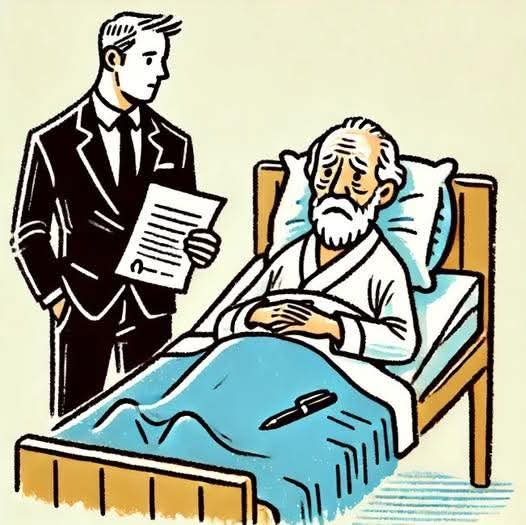

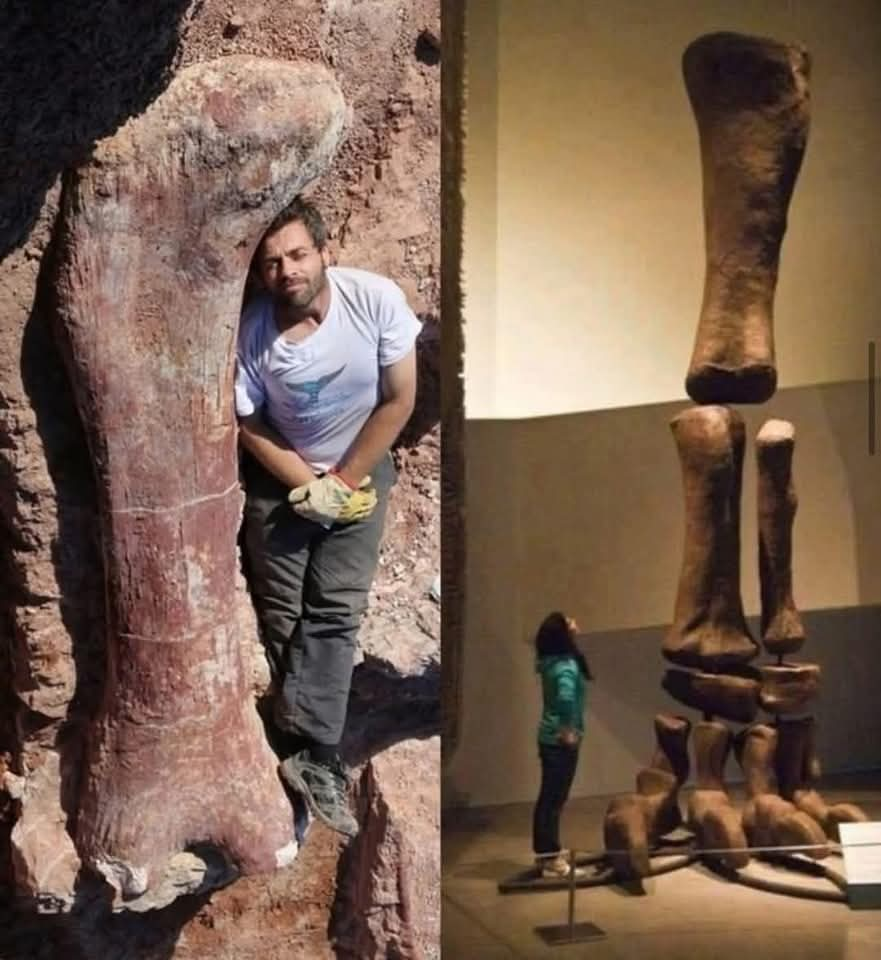
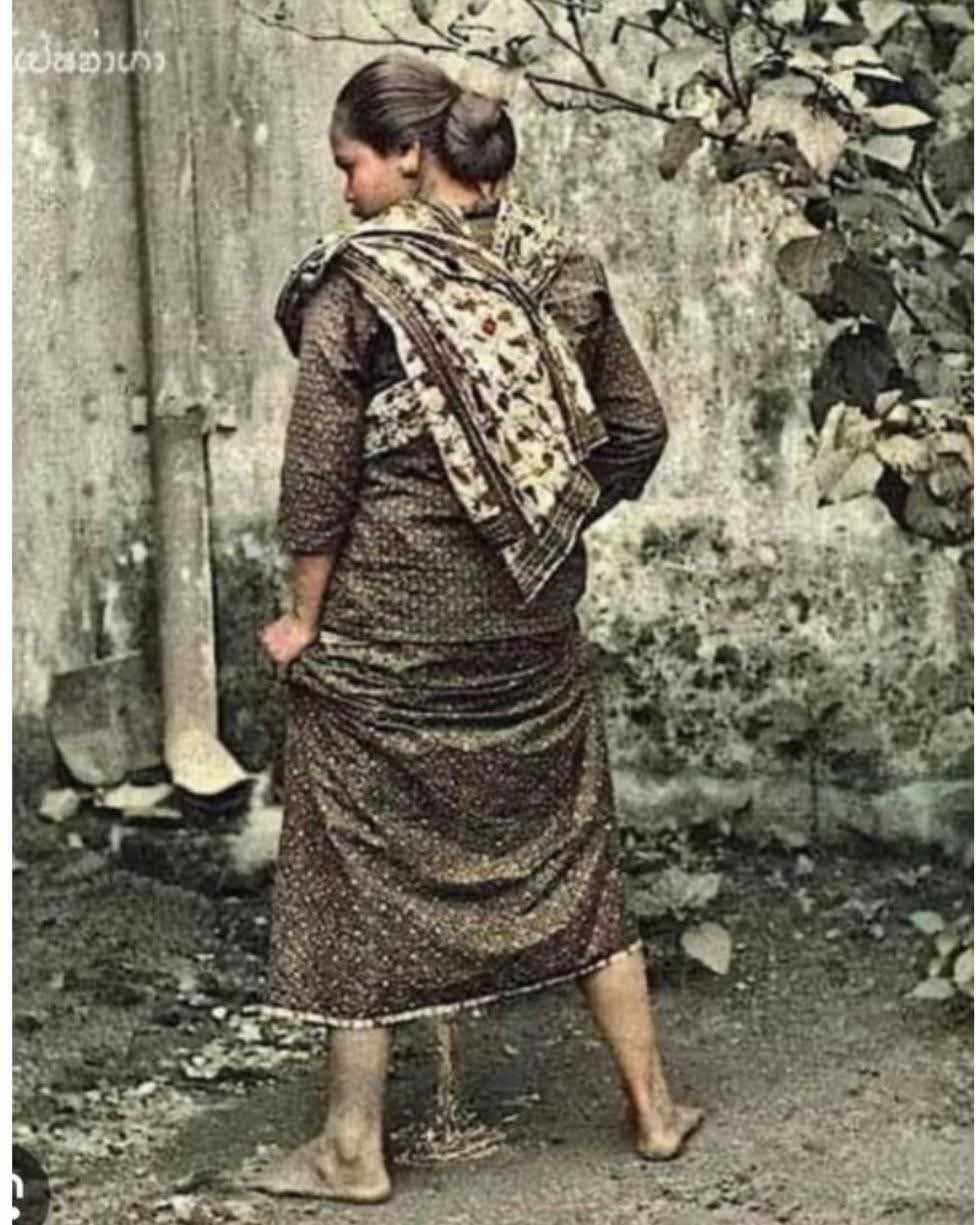


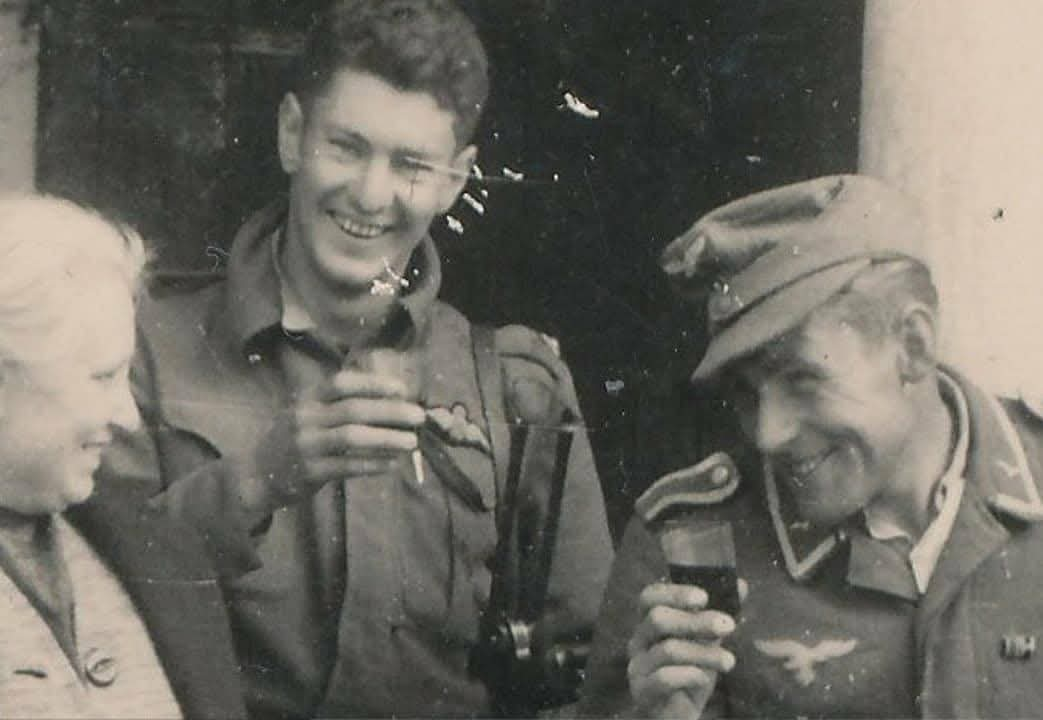
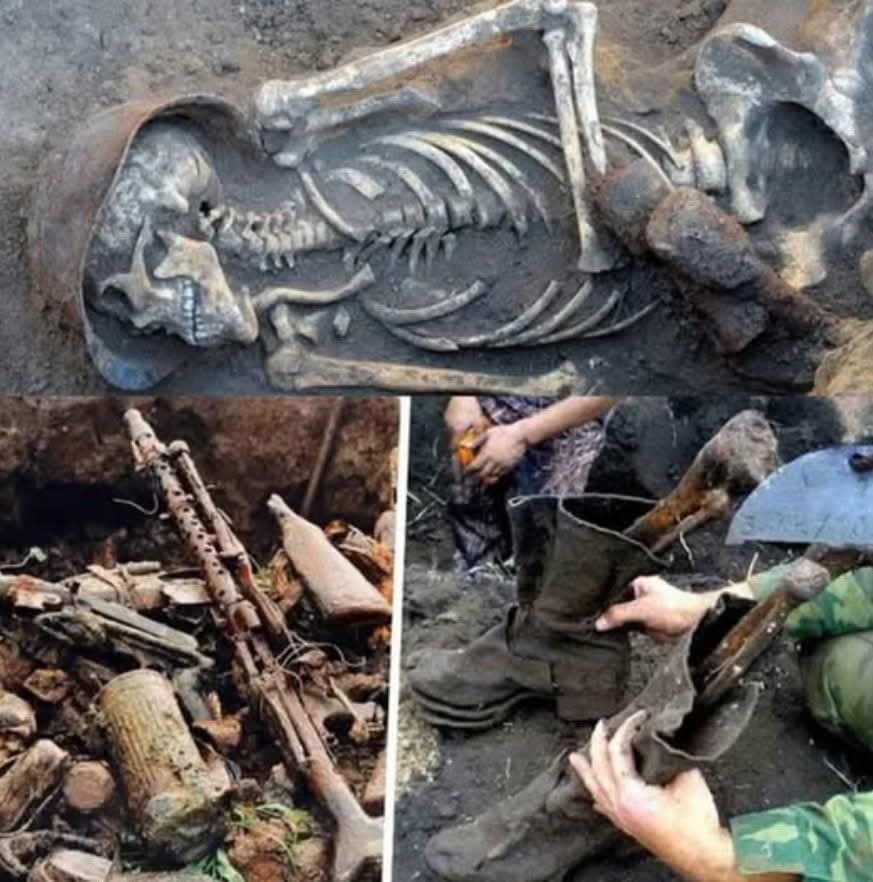

Leave a Reply